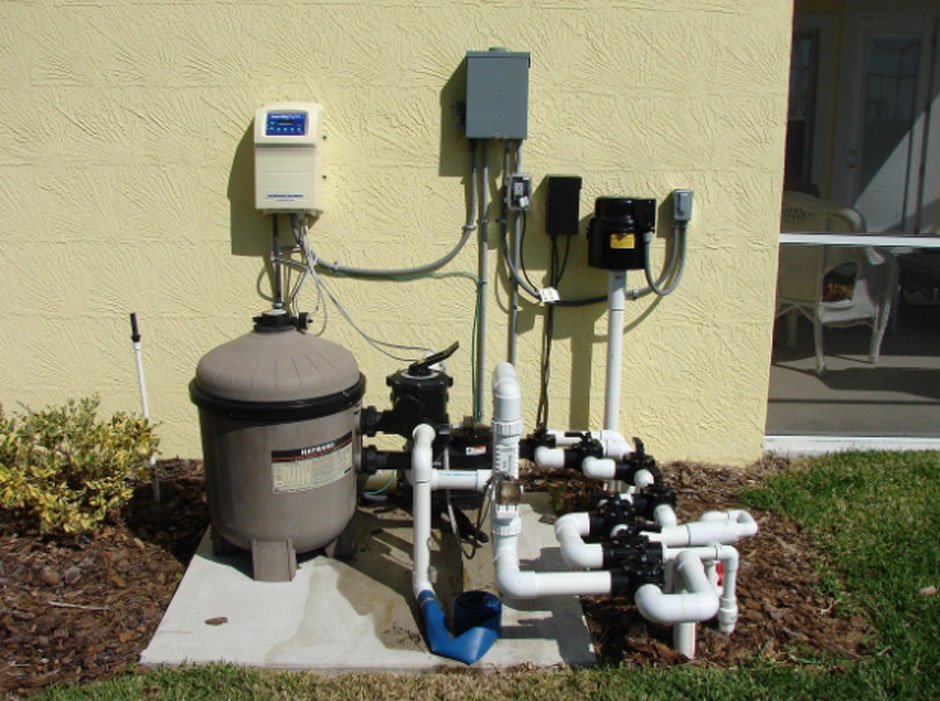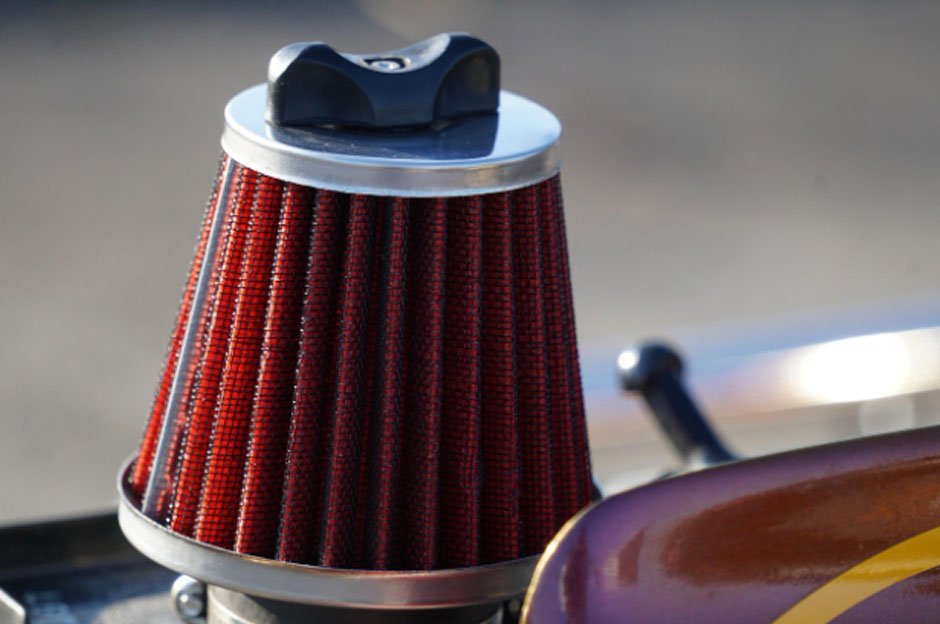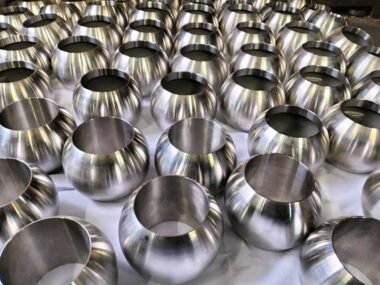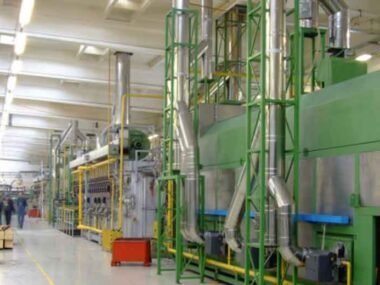
There is a growing need to filter water and air as the ozone layer depletes. The inefficient ozone layer has exposed humans to toxic ultraviolet rays. Excessive reliance on chemicals can harm air and water. Millions of people succumb to waterborne and airborne diseases. These issues arise when concerned parties improperly handle air and water. Introducing filtration technologies into your home or business can protect people from waterborne and airborne diseases.
Modern filtration systems remove undesirable content from air and water. These systems utilize robust technologies to purify water and air in diverse settings. Many water treatment technologies are available.
Modern air filters use carbon and HEPA filters. Some revolutionary systems use artificial intelligence. The correct filtration technology can optimize product purity and prevent damage. They guarantee your equipment can remain in perfect condition.
The following article explains modern filtration solutions in diverse industries.
1.Tips for Choosing the Best Modern Filtration Solutions
Modern filtration solutions serve diverse industries. Regardless of the industry and need, understanding the specific uses and qualities can simplify the process. Evaluate your filtration needs, depending on the type and size of particles. The filtration systems can remove particles of different sizes and natures.
Evaluate the conditions in which the equipment will operate. Flow rates, temperature, and pressure impact filtration outcomes. The filter material should be compatible with the fluids. Ensure the filtration system can handle the flow rate. You should look for a system that can handle the amount of fluid.
Determine the effort required to keep the air filtration solution in ideal condition. Evaluate maintenance requirements, initial investment, and operating costs.
2.Popular Air Filters

People in many industries use air filters to optimize living conditions. Filters from trusted brands have superior capabilities, removing up to 99.9% of all contaminants. For instance, HEPA filters have efficiency rates of up to 99.97%. These technologies achieve the highest efficiencies and capabilities. Thanks to inertial impaction and interception technologies, many air filters can remove 0.3-micron airborne particles.
ULPA filtration solutions can purify airborne particles smaller than 0.3 microns. Carbon filters with the latest technologies can remove the most volatile organic compounds. You will discover filtration technologies integrating artificial intelligence, making them ultra-efficient.
3.Popular Water Filters
Individuals and companies in industries that require water filtering must understand available options. The world has advanced with standard technologies getting refined. Filters now use superior membranes and fibers to optimize efficiency. Better alternatives, such as nano and ultrafilters, streamline the removal of large molecules and multivalent ions.
Filter manufacturers have started integrating IoT into water filters. Ultra-advanced UV sterilizers, activated carbon, and whole-house filters utilize robust technologies to optimize efficiency. These technologies ensure the filters can remove the smallest particles in water.
4.Uses of Filtration Solutions Across Industries
Water filtration systems are indispensable tools in modern industrial and commercial settings. People can use the systems to keep water safe for human consumption. They can remove heavy metals, sediments, bacteria, and chemicals from water. The focus is on making the water achieve recommended operational, health, and safety standards. The following are uses of water.
I) Pharmaceuticals and Healthcare
Filtration in healthcare and pharmaceuticals helps to sterilize products and environments. People use HEPA filters in operating theatres and cleanrooms to remove airborne contaminants. Membrane filters are usable in drug manufacturing to separate active ingredients and remove particulates. The focus is on maximizing product purity and GMP compliance.
II) Automotive and Manufacturing
Modern filtration has become integral in the manufacturing and automotive industries. Many specialists in these industries use filters to purify hydraulic fluids, lubricants, and coolants. They reduce machinery downtime and prolong useful life. Oil and air filters safeguard engine components from wear and tear. Air filtration solutions improve the quality of finishes when coating or painting surfaces.
III) Wastewater and Water Treatment
Many industrial and municipal water treatment plants leverage robust filtration solutions to remove chemicals, solids, heavy metals, and bacteria. Relevant options include nano-filtration, sand filters, and ultrafiltration. Filtration solutions in industrial and municipal water treatment plants deliver clean water for drinking. They help players to achieve compliance.
IV) HVAC and Building Systems
Hospitals, commercial buildings, and data centers require clean and fresh air. Filtration solutions can remove allergens in indoor air, making the spaces livable. High-efficiency HEPA and MERV 13+ filters prevent the transmission of airborne diseases.
V) Food and Beverage
Individuals in the beverage and food industry want to maximize product purity and quality. Filtration solutions remove contaminants through reverse osmosis, microfiltration, and ultrafiltration. Technology can eliminate microorganisms, impurities, and particles. These processes can prevent product spoilage and extend shelf life.
Beverage and food manufacturers can use filtration systems to meet stringent quality standards. Filtration solutions can preserve the texture, value, and taste of products.
Wrapping Up
Are you into industries that require water and air purification? Understanding the importance and utility of filtration solutions can benefit you in many ways. Understand different filtration technologies and their use. Research the environment and nature of materials.
Many types of air and water filtration technologies are available. The most advanced technologies can remove up to 99.99% of contaminants and pollutants. Evaluate the industries each air filter serves best.








